So, um, wow. Big news day here.
I’ve basically had two themes on this blog that I’ve been writing about for 10 years:
- The blending of marketing and technical talent — marketing technologists — empowering businesses to thrive in a digital world. Here’s one of the first presentations I gave on that topic in 2010. More recently, I proposed The Grand View of Martech: A Martech Manifesto. This movement is growing.
- The marketing technology landscape is — and will continue to be for quite some time — a vast and diverse biosphere, bursting with innovation and entrepreneurial energy, continually evolving in response to exponential change in digital technologies writ large. And while it’s not without its challenges, this is actually a really good thing.
It’s with that latter theme that I’ve repeatedly expressed hope that the major players in this space would deeply embrace a platform strategy and seek to harness the diversity of the industry rather than resisting it under the banner of consolidation.
As I noted in a post back in 2012 — Is marketing technology consolidating or diversifying? — great platforms could address that question with a resounding answer of “both!” A few consolidated platforms could nurture a vibrant and splendidly diverse rainforest of product species thriving on their geological foundations.
While there’s been great progress in that direction over the past couple of years, I’ve felt that most of these platforms never really turned the knob to 11 on that strategy. For many, I think they saw their own growth and the growth of a massively expansive martech landscape as an either/or trade-off rather than a virtuous cycle of “both.”
Particularly in the enterprise market, I believe these seemingly conflicted platform plays were one of the motivating factors behind the rise of iPaaS (integration platform as a service) — a topic I discussed a couple of months ago: Is marketing technology entering a post-platform era? Innovation routes around obstacles.
As Dr. Malcolm famously said, “Life, uh, finds a way.”
“Looking at the martech landscape, what do you see?”
I wasn’t planning to take a new job. I was very happy as the CTO of ion interactive working on the future of interactive content. While I was flattered whenever other firms reached out, my mission at ion still stirred my passion more.
But then HubSpot approached me about the opportunity to help them shape their platform ecosystem strategy. Frankly, it was one of those “you had me at hello” moments.
A chance to help realize the martech platform potential that I’ve always believed was possible — how could I refuse?
And as it turned out, the timing was perfect with ScribbleLive acquiring ion interactive. It was an ideal inflection point for me to transition to something new, knowing that ion was in good hands and making its own big leap forward.
Of course, in my head I wondered: did HubSpot really want to lean into a platform worldview?
I have a kind of “martech Rorschach test” that I’ve pulled on a number executives at major martech firms — often on stage at the MarTech conference.
I show them the marketing technology landscape and ask, “What do you see?” Most of the time, the answer has been some variation of fear, uncertainty, and doubt.
“Competition.” “Chaos.” “Desperate need for consolidation.”
Sure, those are legitimate views on the martech landscape. But if your first instinct is to attack its growth as a negative instead of finding ways to harness it as a positive — indeed, to go further and proactively seek ways to enable even greater growth — then it’s hard to really marshal a platform mission.
True platforms love wondrous variety. “There’s an app for that.”
So early on in our discussions, when I met with HubSpot’s CEO, Brian Halligan, I showed him my graphic and asked, “What do you see?” Without a moment’s hesitation he enthusiastically replied, “Opportunity.”
I smiled. I’d been hoping for that answer for years.
Every great platform needs a philosophy
Having the CEO firmly behind a platform mission is essential. But as I talked with more of HubSpot’s team, it was inspiring to see how deeply platform-thinking was already flourishing throughout their organization.
As a testament to that, you should read their pledge to integration partners by HubSpot’s chief strategy officer, Brad Coffey, that they published earlier this week.
The truth is that platforms are tricky things. You need to balance the needs of customers and partners, and while those missions are often aligned, they’re not always perfectly aligned.
The most awkward moments are when a platform decides to build something natively that a partner had previously provided as a third party.
You can tell a lot about a platform by how it handles that scenario.
In HubSpot’s partner pledge they make several resolutions that I believe are the right principles by which to navigate those situations:
- Acknowledge that it’s going to happen: sometimes the platform will build native features that overlap with partner offerings. In the big picture, the platform must adapt to evolving customer needs in order to thrive. And a thriving platform is the backbone of a thriving partner ecosystem.
- When it is going to happen, if at all possible, notify the partner(s) who will be effected in advance, even if it has to be under NDA. You don’t want partners blindsided by public announcements.
- Play fair. Quoting the pledge directly: “We won’t take unfair advantage of our platform ownership simply because we want to sell more of our own stuff. This means not restricting public APIs or throttling specific integration partners. That wouldn’t [solve for the customer] because it stifles innovation.”
- Above all, let the customer freely choose what’s the best solution for them. If a partner’s offering is better for them than the platform’s own native capabilities, let them pick their preference — indeed, celebrate that as a platform success.
There are many other points on the curve for why I believe HubSpot is genuinely committed to fostering an world-class platform ecosystem. I’ll be writing a lot more about that in the weeks and months ahead.
But I’ll be judicious in what I write about it here on chiefmartec.com.
Blogs, biases, and a bucket disclaimer
TL;DR — neither chiefmartec.com nor MarTech will become HubSpot promotional vehicles.
I’ve never been an unbiased observer of the martech industry. As co-founder and CTO of ion interactive, I’ve held passionate beliefs about our company, its products, and its role in the larger marketing ecosystem.
On more than one occasion, I would share those beliefs here. Two examples are when I announced ion’s pivot towards interactive content (“marketing apps”) and our introduction of two-sided buyer/seller experiences.
But I didn’t do it frequently. Maybe once or twice a year. The litmus test in my head was: would the post be of value to readers even if they never became an ion customer? Was it more about advancing an idea that was larger than any one vendor rather than simply advancing my own company’s brand? Only if it crossed that bar did I publish it.
I’m not a journalist. But I’ve strived to keep a kind of journalistic perspective in my writing on chiefmartec.com for two reasons:
- I have deep respect and gratitude for you as a reader. And I have no illusion that if I started writing promotional, self-serving rhetoric that you would leave in an instant.
- I despise promotional, self-serving rhetoric myself. I don’t like to read it, of course. But I don’t like to write it either. This blog has always been a labor of love for me, and I only publish things that I genuinely enjoy writing.
I’ll continue to take that approach here with my new role at HubSpot. Granted, HubSpot has a larger presence, and my mission there is more entwined with one of my key themes here. Inevitably, there will be overlap. But I’ll maintain the same bar for deciding what to publish here that I strived for while I was at ion.
I wholeheartedly believe that ecosystem dynamics will only grow in importance to our industry and the marketing profession at large. As I now get to invest more of my time and energy in understanding those dynamics — have I expressed how excited I am about that? — I’ll share ideas here that I think you’ll find genuinely interesting or helpful.
But only if they pass my litmus test of being broader than HubSpot.
In the other direction, for the record, I’ll also make this blanket disclaimer: this blog is my personal opinion, and does not necessarily reflect the views of HubSpot or anyone else associated with the company. If you’re looking for HubSpot’s official position on these topics, their own website is the right place to go.
MarTech remains an independent marketing technology conference
You may not know this, but MarTech is actually owned and produced by Third Door Media, an independent company that also runs the SMX search marketing conference and publishes Search Engine Land, Marketing Land, and their latest site MarTech Today.
My role is as the program chair of MarTech, a contractual relationship in which Third Door and I each have very clear responsibilities. In short: I program the editorial content of the event and help with some marketing, and they do almost everything else. (I joke that I have all the fun and they do all the hard work, but that’s pretty close to the truth.)
In particular, they handle everything associated with sponsors and exhibitors. I don’t have any influence over that. Any marketing technology vendor can participate on a level playing field.
As an example, I’d point out that one of ion’s main competitors, SnapApp, has been a long-standing sponsor of MarTech — often with their logo prominently behind me on stage.
(And I’m quite grateful for their enthusiastic support of the conference all these years.)
Similarly, the only time when ion was visible at MarTech was when they bought a booth in the exhibit hall at the same rate as everyone else. There was never any discount as a result of my affiliation.
I wouldn’t have asked, and Third Door wouldn’t have done it if I had.
Vice versa, there’s never been any sponsor-related influence from Third Door over the editorial content of the conference. No one can “buy” a spot in the editorial program. (There are clearly marked sponsored sessions, but that’s on the other side of the fence.)
So what about my own bias in the editorial program?
My overarching strategy has been to have the program consist almost entirely of practitioners, non-vendor executives, and independent analysts and experts.
Very few vendors are given an editorial session of their own — and only when it’s content that transcends their own business. A few are invited to speak in conjunction with a customer of theirs sharing their story. But we border on being militant: if a vendor-affiliated speaker gives a sales pitch in an editorial session, they will never be invited back again.
I was the only person from ion who ever spoke in the editorial program, and I never presented on ion’s business. I’d disclose my affiliation, make fun of the fact that my company was just one logo buried on that 5,000 logo landscape, and share a few marketing stacks that included ion (including our own stack). At most, it was a couple minutes of air time.
Why?
The respect I have for the readers of chiefmartec.com is multiplied 1,000X over for MarTech attendees. They invest their precious time and money to attend the conference to learn, grow, and network in a vendor-neutral environment.
In that context, I would be deeply offended if the program served an ulterior motive of any one vendor. And I would be horrified to ever cause such offense myself.
MarTech was not created to serve my personal interests. That’s one of the main reasons I leapt at the opportunity for Third Door to be the independent owner of the conference. I consider MarTech to be an industry event that serves a rapidly growing professional community at the intersection of marketing, technology, and management.
It’s far greater than me, and I am truly humbled just to serve it.
My commitment to serving this community will not change with my new role at HubSpot. It was the one non-negotiable condition of my employment — in fact, we even put it in writing.
But with my gratitude to the HubSpot team, they immediately appreciated the importance of keeping these things separate and have gone out of their way to support my continuing role at MarTech as a completely independent activity.
I know, the previous 1,000 words were probably sufficiently summed up by the TL;DR. But it is incredibly important to me to delineate the boundaries between the two hats I wear.
In the end, of course, you’ll be the judge of how well I do. But I won’t let you down.


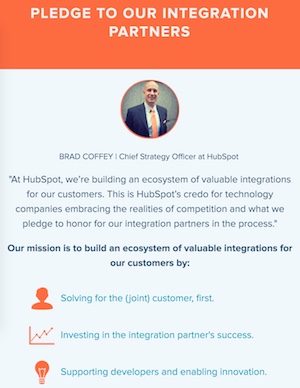
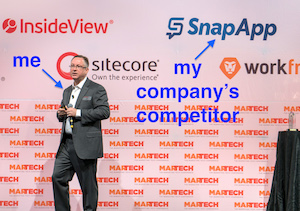

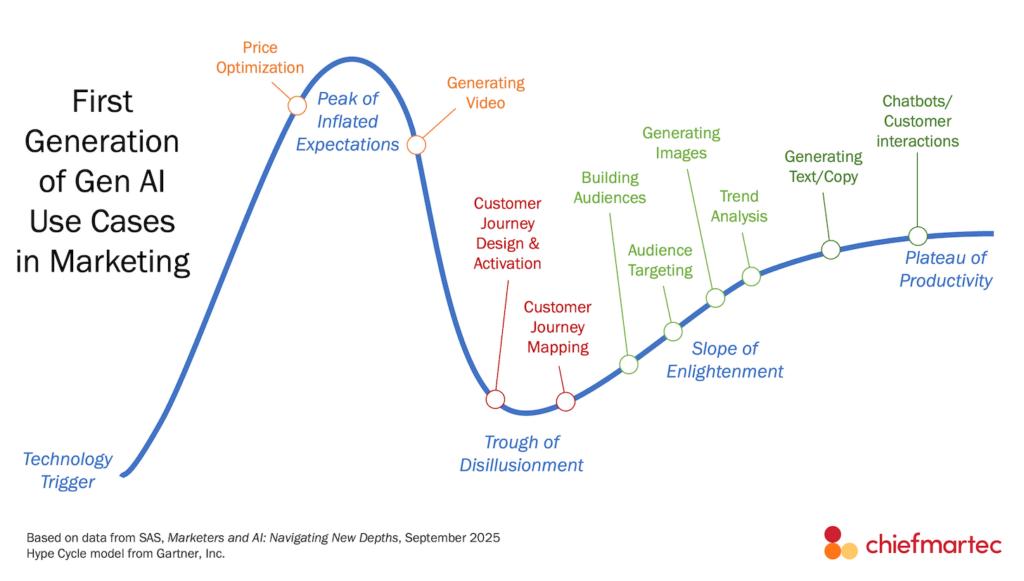
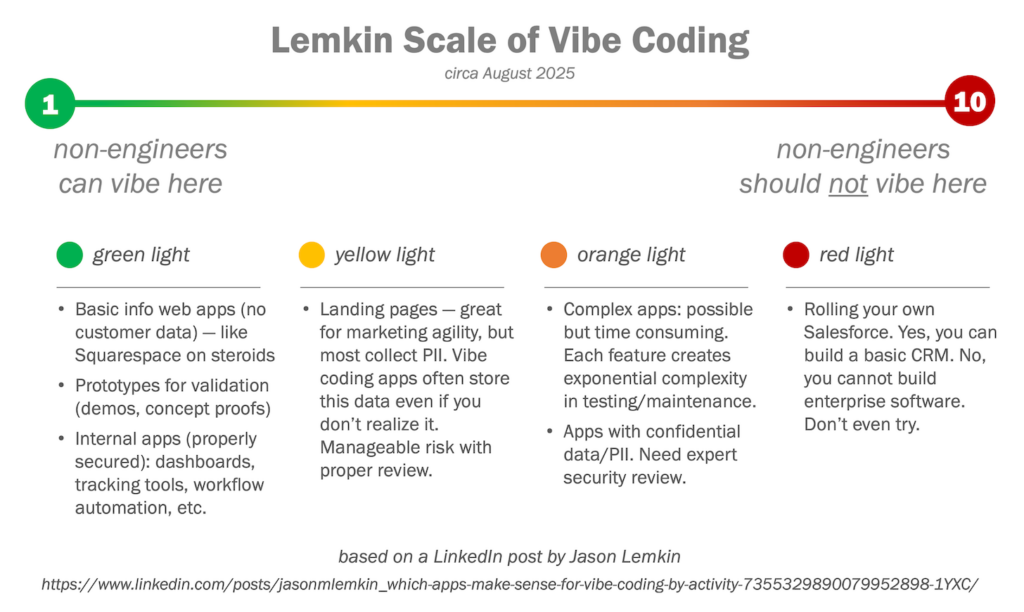
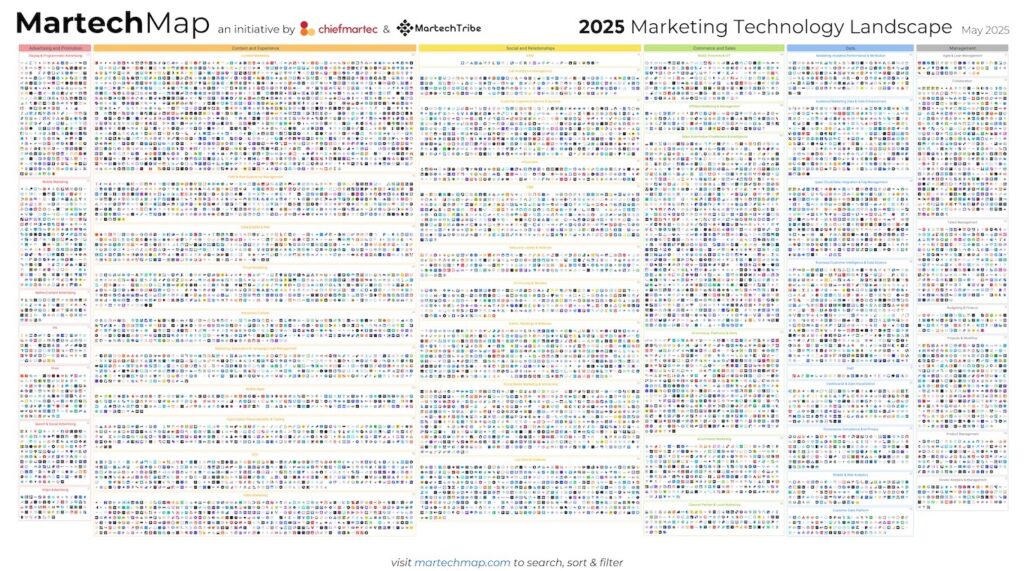
Wow! Congrats on the new challenge Scott!
Wow! Congrats Scott. Hopefully we run into each other again soon to catch up!
Hubspot are pretty active ‘down under’ so perhaps we will catch that coffee after all.
Have a ball!!
Allen
Congrats Scott! The Partner Economy team is rooting for you.
I hope you’ve read Disrupted.
Congrats Scott! You will be an amazing resource to HubSpot and I will continue to support your efforts to promote the MarTech community. Thanks for all you do.
Congrats and good luck with the transition Scott…and see you in Boston.
It makes perfect sense given how you’ve proselytized the importance of ecosystem and the timing of the ScribbleLive acquisition. Two questions: (1) I have to believe the other major MAPs approached you (we know who they are). Why HubSpot over those others? (2) Too soon to go off and take the Geoffrey Moore track?
Congrats Scott! Platforms for the win!
Wow Scott…your ability to clarify issues is uncanny…a very easy read. Stryker would not be disappointed!
That’s truly great news Scott; please don’t stop proving your thought leadership in this channel. Its been very valuable and inspiring.
Congratulations Scott! Great respect for the clarity of your thoughts and values. Whatever hat you’re wearing it’s always white.
Congratulations and much success Scott! Look forward to hearing more and seeing you in Boston.
Perhaps in your new role you can find a way to create some more MM oriented pricing. While the web democratized businesses, the cost of most martech forces it into the hands of only the largest players. Hubspot is nicely priced but when one eco Partner charges as much per month for one additional function, you can see why use MM marketers want the core platform to integrate that technology. For example, I could pay less per month to Hubspot for all it delivers than the monthly cost of Ion Interactive.
So yes, creating a unified eco system sounds good on one level – just not for the MM company
Congratulations Scott!! Chris O’Donnell announced your appointment/role at the New Product presentation at Inbound 2017. What an amazing opportunity to realize your MarTech vision! Perhaps, I’ll see you if you drop by the Aglie Marketing Meetup MarTech is sponsoring a the Hynes tomorrow evening.
Cheers,
Congratulations Scott